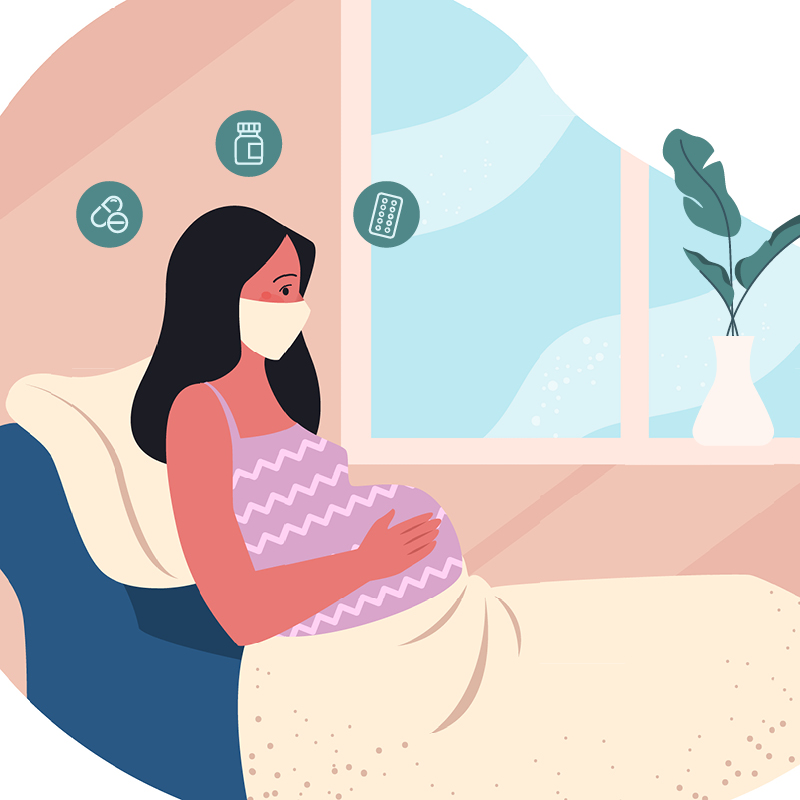In those first few weeks after bringing a baby home, new parents can feel overwhelmed with joy – and overcome with anxiety and mood swings.
“Our job is to help determine if these feelings are just part of a temporary adjustment period or if there’s something deeper happening,” said Sandy Perry, MD, an OB-GYN provider at Unity OBGYN at Park Ridge. “We always ask what kind of support they have at home and try to figure out if these emotions are getting in the way of normal life.”
Are new parents comfortable leaving the house with the baby? Do they cry easily and have trouble shaking feelings of sadness and anger?
“Having a baby is hard, but I want parents to be able to enjoy this time,” Dr. Perry said. “If they’re not able to enjoy it, then we need to talk.”
Baby blues or postpartum depression?
Many new moms experience the “baby blues” the first week or two after giving birth as their bodies – and their lives – adjust to the changes a baby brings. They might be irritable, feel overwhelmed, have trouble sleeping and struggle to eat healthy amounts of food. But these symptoms level out in a short amount of time.
With postpartum depression, the symptoms are more intense and can linger for months if untreated.
“There are some women who are captive to their anxiety,” Dr. Perry said. “They are so nervous that something will happen with the baby that they can’t imagine taking a walk around the neighborhood or bringing the baby to visit a friend’s home.”
Besides severe anxiety, common symptoms of postpartum depression include:
- Feelings of hopelessness, shame or inadequacy
- Drastic mood shifts
- Panic attacks
- Difficulty thinking clearly or making decisions
- Pulling away from family, friends and baby
- Loss of interest in hobbies
- Trouble with sleep and appetite
- Thoughts about suicide or harming the baby
“None of this is anything to be ashamed of,” Dr. Perry said. “We’re all here to help you and support you.”
Getting help for postpartum depression
Providers often recommend counseling, antidepressants or hormone therapy to treat postpartum depression. And if a woman has a history of depression or postpartum depression, she can discuss a treatment plan even before the baby arrives.
“Women with a history of depression are at a much higher risk,” Dr. Perry said. “But if you talk with your provider during the pregnancy, you can make decisions when you are in a healthier state of mind.”
Spouses and partners should speak up if they are worried about new moms, especially if they don’t want to admit they are struggling.
Some women worry about leaving their baby with someone else while they go to therapy, especially if they don’t have family nearby, but online therapy and virtual care appointments are becoming more and more common. “They make it easier to get help without the worry or the expense of finding a babysitter,” Dr. Perry said.
She also suggests all patients to schedule a follow-up appointment 1-2 weeks after delivery to check in with their provider both physically and emotionally. These appointments, which are made in addition to the 6-week postpartum visit, can be done either in-person or virtually.
“This can be a good opportunity for providers to ensure new mems are adjusting well to the many changes that come with bringing a baby home and keep a closer eye on patients they are concerned about,” Dr. Perry said.
She also encourages women connect with other moms, too, so they know they aren’t the only ones feeling this way.
“We all need to look out for one another, physically and emotionally,” Dr. Perry said.









